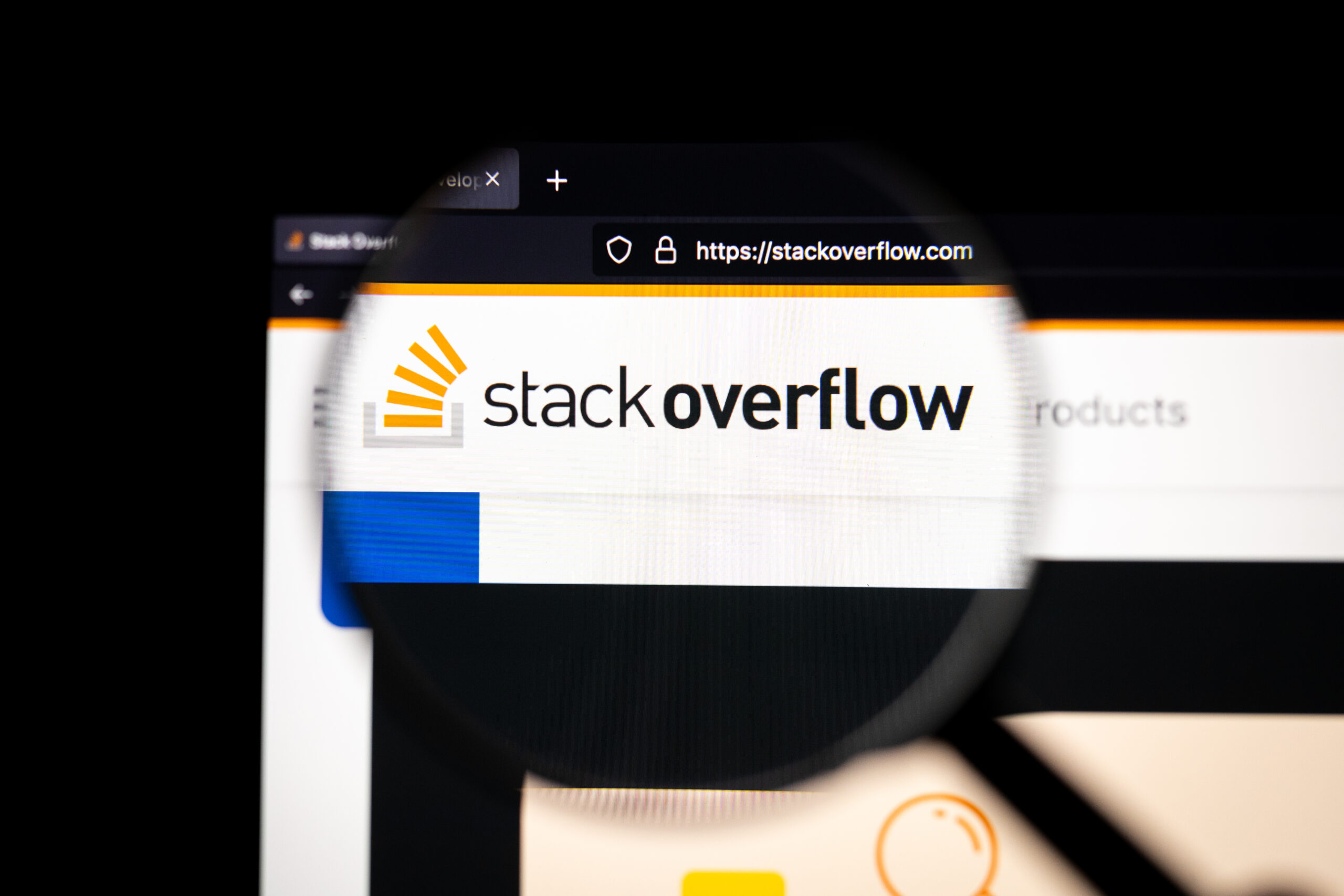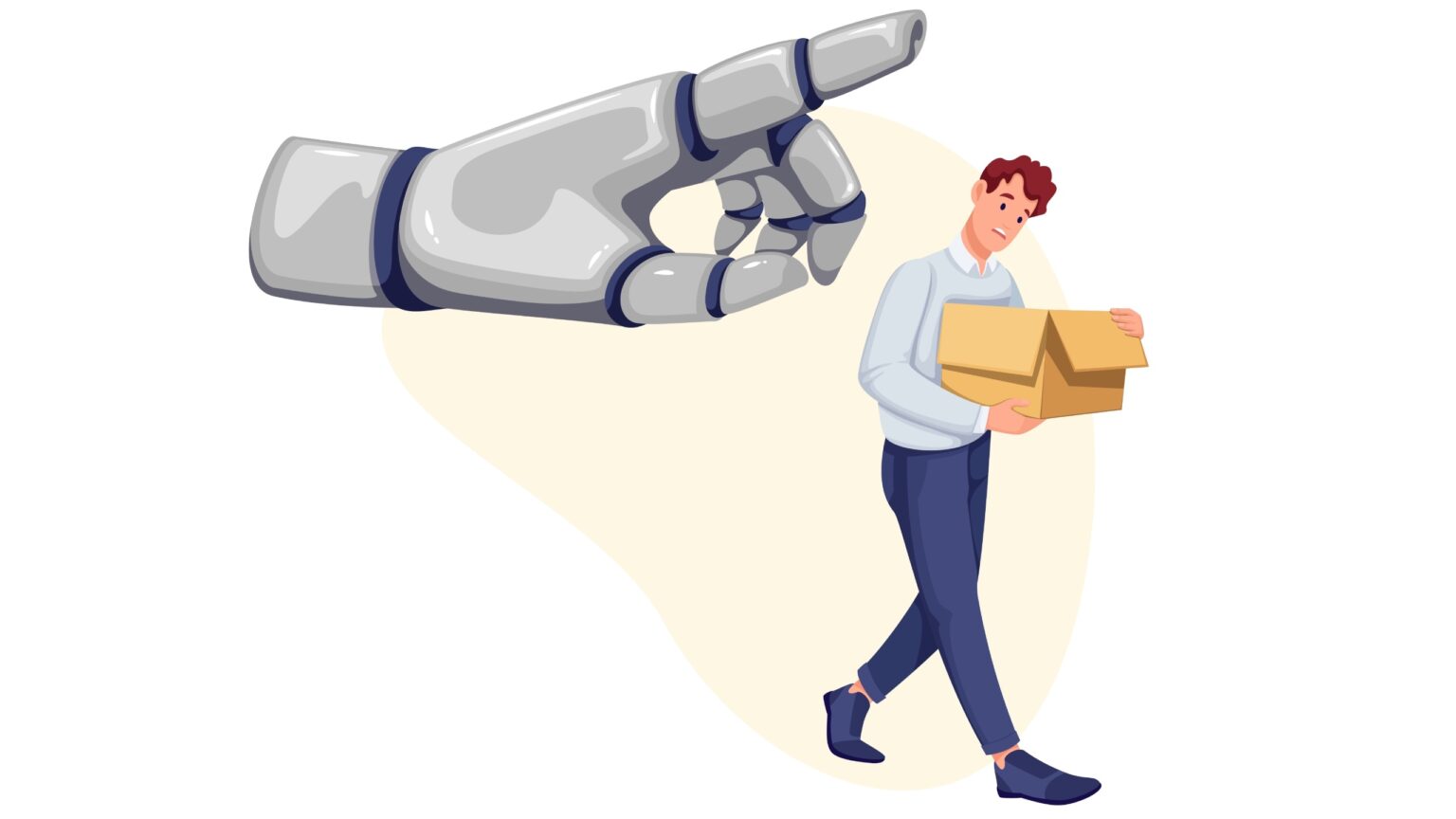The tech landscape is shifting, and as with every revolution, there are winners and losers. For Stack Overflow, a platform that has been the refuge for millions of developers and enthusiasts, the surge in AI chatbot popularity is prompting major changes.
As traditional knowledge-sharing platforms see reduced engagement, Stack Overflow is making moves not only to stay relevant but to redefine its space in the era of AI. Prashanth Chandrasekar, CEO of Stack Overflow, recently announced a staff reduction of about 28%, impacting around 150 employees.
ChatGPT 😑
"While the post didn’t elaborate on the reason behind the job cuts, it mentioned customers’ budgets shifting elsewhere “due to the macroeconomic pressures."
Stack Overflow cuts 28% of its staff https://t.co/yotdzHdNm5
— Pedro Dias (@pedrodias) October 17, 2023
Chandrasekar cites macroeconomic pressures and the overarching need for a “path to profitability” for this shift. The company ramped up its workforce in 2022, but with AI platforms such as ChatGPT becoming increasingly popular, the focus is now on innovation and introducing new features.
Stack Overflow isn’t alone in its challenges. The tech ecosystem is adjusting to a world where AI chatbots like ChatGPT offer instantaneous code correction, optimization, and in-depth code explanations, sidelining more traditional forums. Technology outlets like Ars Technica noted that chatbots have begun overshadowing older, archived forum posts, which can’t compete with the specificity and accuracy of real-time AI-generated advice.

Stack Overflow’s answer to the AI surge
To counter the rising tide of AI chatbots, Stack Overflow unveiled its trump card in July: “Overflow AI.” Per their blog, this initiative aims to harness Stack Overflow’s vast community knowledge, using it to fuel an AI system that provides developers with tailor-made, trustworthy solutions.
Chandrasekar seems hopeful and resolute, emphasizing the firm’s commitment to meeting user demands, innovating products, and ensuring the momentum of OverflowAI both for Stack Overflow’s internal teams and its public platform.
The bigger picture: AI in software development
Generative AI platforms like ChatGPT have transformed software development. Code generation tools, powered by massive databases of existing code, allow developers to scaffold solutions, saving time and effort quickly.
These tools automate repetitive tasks such as defining data types, establishing database connections, or drafting API definitions.
Questioning AI`s accuracy
However, this isn’t to say that AI is an absolute solution. Developers need to approach AI-generated code with caution. AI models can, at times, produce erroneous or even nonexistent code suggestions. The reliability of AI chatbot outputs is still under scrutiny. A recent survey in 2023 revealed that only 3% of developers highly trusted AI tool outputs, with a significant quarter expressing complete distrust.
Moreover, researchers from Purdue University pointed out that AI models often produce verbose answers, needing more precision and accuracy than human-curated Stack Overflow responses. While these AI-generated answers might seem comprehensive, they can mislead developers, potentially leading to flawed code.
With the integration of Overflow AI, the platform seeks to combine the best of both worlds: the human touch of its developer community and the efficiency of AI.
As AI continues to mold the tech landscape, platforms like Stack Overflow need to continuously adapt, innovate, and, most importantly, serve their users in the best possible manner. Only time will tell if Overflow AI can truly counter the ChatGPT impact, but Stack Overflow is making moves to remain a key player in the tech community.









 and then
and then